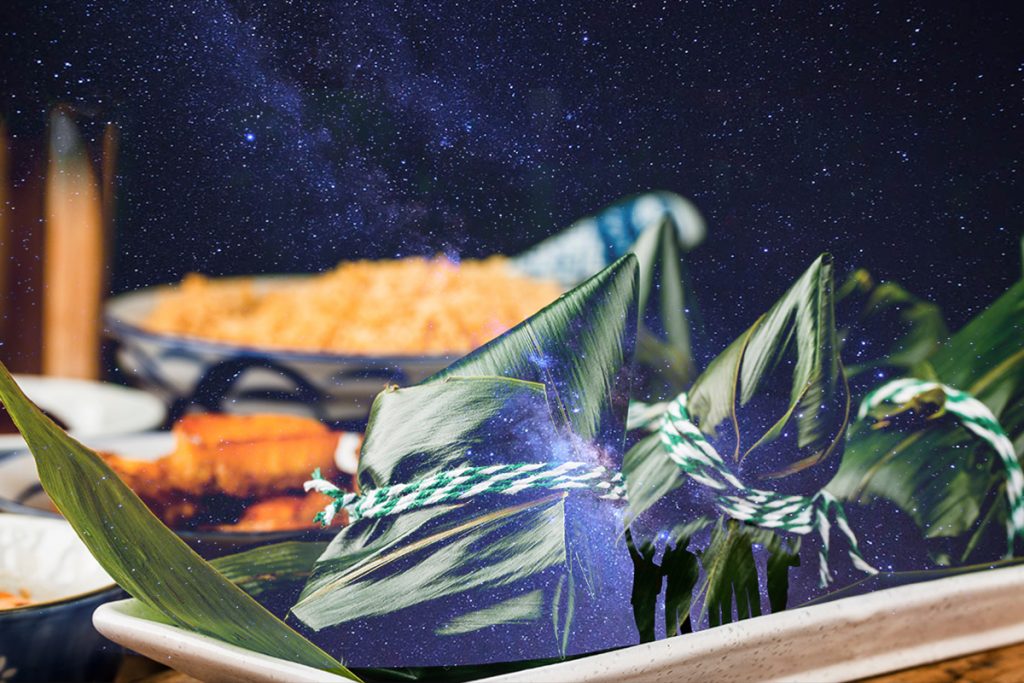We are recognised as authorities in our specialised fields. We publish newsletters with informed opinions that are free for you to subscribe to.
Celebrating June
These past few years have been nonetheless ‘a lot’. In a blink, we’ve already reached June, halfway through the year. We’re going through the omicron outbreak whilst also gradually returning to a ‘normal life’ (it feels like a decade has passed since I could say that).

Chinese Dragon Boat Festival
As I write this article today on the 3rd of June, China celebrates the Dragon Boat Festival. A traditional holiday that occurs on the fifth day of the fifth month of the Chinese Calendar. In China, we celebrate this festival in summer by racing dragon boats and eating sticky rice dumplings. Many believe that the Dragon Boat Festival is celebrated to commemorate the death of Qu Yuan, a legendary Chinese poet during the Warring States period. He took his own life by bouldering and jumping into the river of the festival. However, it is more evident that the origin of the Dragon Boat Festival is closely related to ancient culture. The fifth lunar month was known to ancestors as the ‘month of poison’, during the summer days people would easily fall ill – so it made this month seem evil. People would then pray for good fortune and auspiciousness to suppress evil on this auspicious day. They held festive activities such as dragon totem festivals, dragon boat racing, and other things corresponding to dragons. The Dragon Boat Festival is a cultural treasure left behind. It not only records the variety of social life and cultural content of the ancestors of the Chinese nation, but it also accumulates extensive and profound historical and cultural connotations. As the festival is traditionally for people to ritually come against diseases and poisonous insects, and as the coronavirus continues, this year’s Dragon Boat Festival has an even further significant focus on health.
Matariki
June is also the month New Zealand celebrates Matariki. Matariki is the Maori name for the star cluster known as the Pleiades. It rises in the middle of the winter, and for many Maori, it heralds the start of a new year. Iwis across New Zealand understand and celebrate Matariki in different ways at different times. The story behind this celebration was that the wind god Tāwhirimātea became so angry when his siblings separated their parents (the sky father Ranginui and the earth mother Papatūānuku), that he tore his eyes off and threw them into the sky. Traditionally, Matariki is an acknowledgment of the dead and unleash their spirits when they become stars. It is also a time to reflect, thank the gods for the harvest, feast and share it with family and friends. This year we celebrate Matariki on its first very own public holiday.
So, I wish everyone a joyful and happy June, where we each celebrate our ancestors, traditions, and culture.
If you don’t know where to begin, want to talk through something, or have a specific question but are not sure who to address it to, fill in the form, and we’ll get back to you within two working days.
Find out about our team
Look through our articles
Read more about our history
Business Advisory Services
Tax Specialist Services
Value Added Services
Get in touch with our team
Want to ask a question?
What are your opening hours?
AML & CFT Act in New Zealand
Events with Gilligan Sheppard
Accounting software options
Where are you located?
Events

